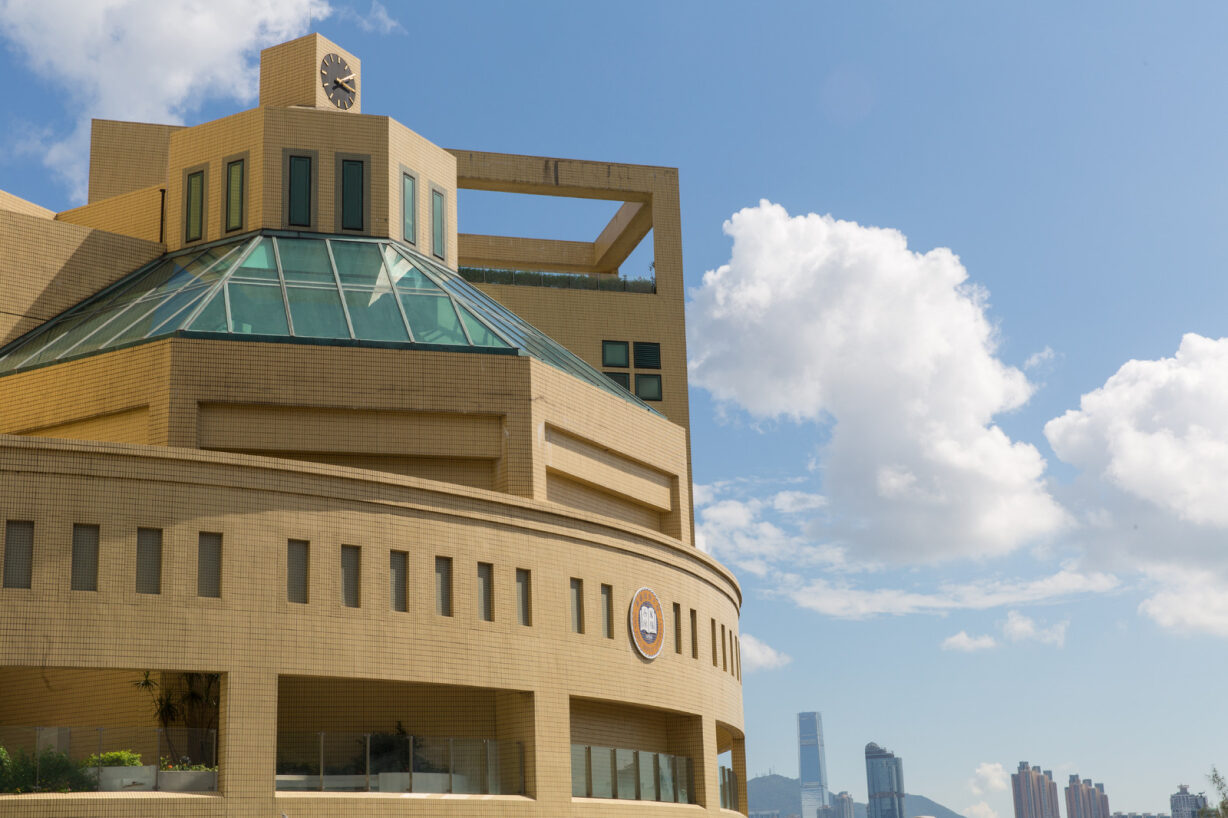Press Release
HKBU welcomes the 2024-25 Budget
Wednesday, 28 February 2024
The following is a response made by Professor Alex Wai, President and Vice-Chancellor of Hong Kong Baptist University (HKBU), after the release of the 2024-25 Budget earlier today (28 February).
Professor Wai is much encouraged by the numerous measures proposed by the Government in the Budget to support the development of innovation and technology. He believes that the Government’s proposal to provide funding to the technology transfer offices of the eight UGC-funded universities will help further strengthen their endeavours in knowledge transfer and research translation. In addition, the allocation of HK$10 billion by the Government to establish the New Industrialisation Acceleration Scheme, which offers matching funding to technology companies in specific fields, can provide direct and strong support for the development of relevant enterprises in Hong Kong. Meanwhile, the allocation of HK$3 billion to launch the Frontier Technology Research Infrastructure Support Scheme will help universities strengthen their collaboration with top researchers and institutions around the world to conduct top-notch scientific and technological research, and the allocation of HK$2 billion to support the InnoHK research clusters to establish their presence in the Lok Ma Chau Loop can also support the development needs of Hong Kong, the Greater Bay Area and the nation in the fields of medicine, pharmaceuticals and biotechnology.
HKBU also welcomes the various measures proposed in the Budget for the development of life and health technologies, including the establishment of life and health technology research institutes, the Greater Bay Area International Clinical Trial Institute and the InnoLife Healthtech Hub, the preparations for the establishment of the Hong Kong Centre for Medical Products Regulation, and the “1+” mechanism for new drug approval. Professor Wai pointed out that Health and Drug Discovery is one of the key research clusters of HKBU. He believes that such measures can catalyse the comprehensive and mature development of Hong Kong’s industry chain in biotechnology and drug development, from basic research, clinical trials, accreditation to market development.
As far as artificial intelligence (AI) is concerned, the Budget has proposed to allocate HK$3 billion to implement the AI Subsidy Scheme. Data analytics and AI applications are other key research areas of HKBU. Professor Wai said the University will actively explore the details of the Scheme and he hopes to utilise relevant resources to further enhance HKBU’s research work in AI applications.
On the intellectual property front, the Government will implement the “patent box” tax incentive, which will significantly reduce the profit tax generated from intellectual property. The Government also plans to establish a World Intellectual Property Organisation (WIPO) Technology and Innovation Support Centre in Hong Kong. Professor Wai pointed out that a sound intellectual property protection regime is an important foundation for the thriving development of innovation and technology. Such measures will encourage companies to invest in scientific research and provide incentives for scholars to commercialise scientific research outputs.

